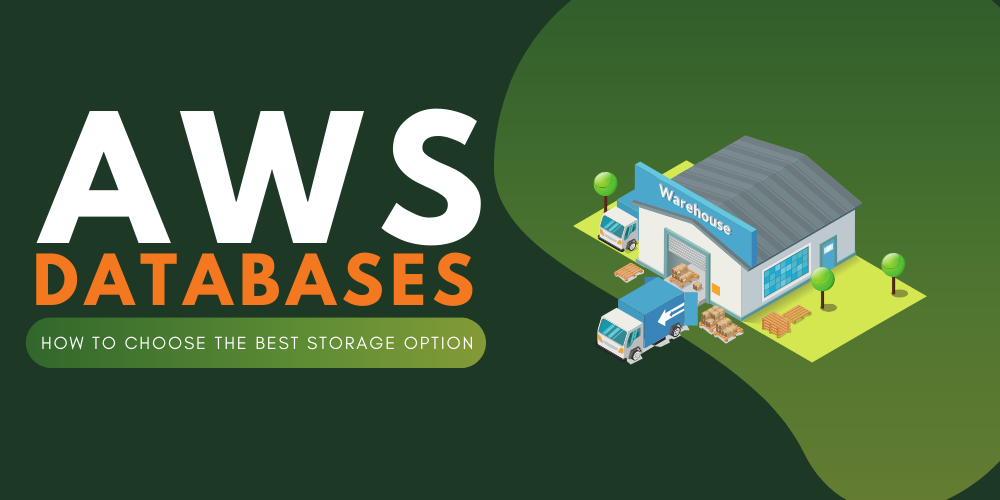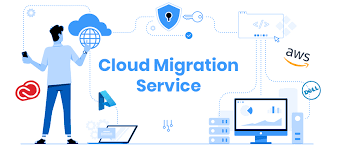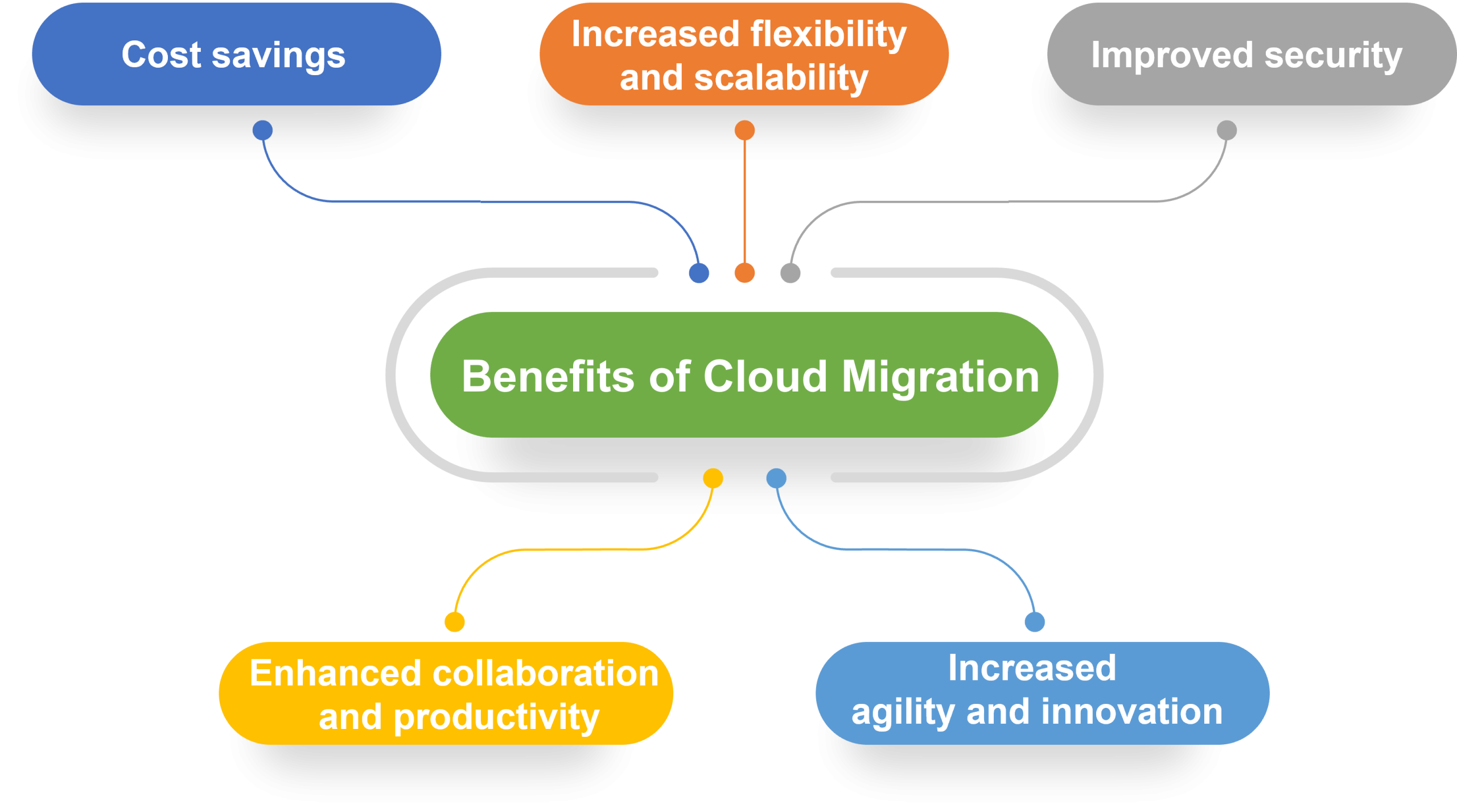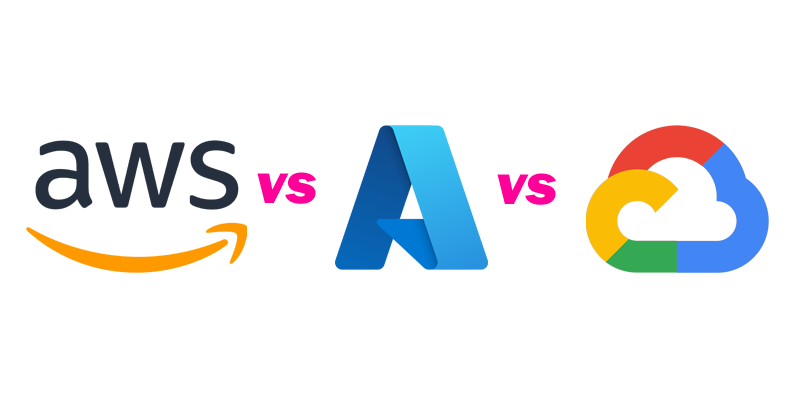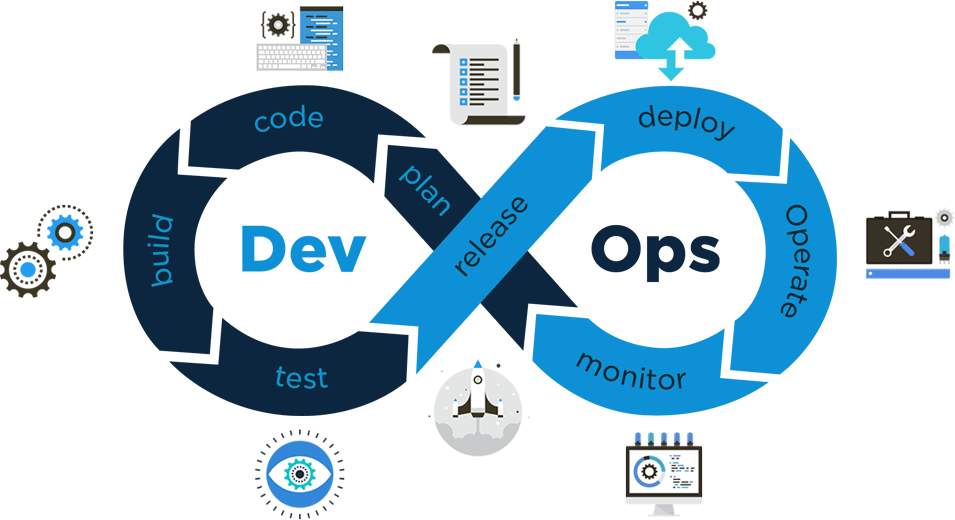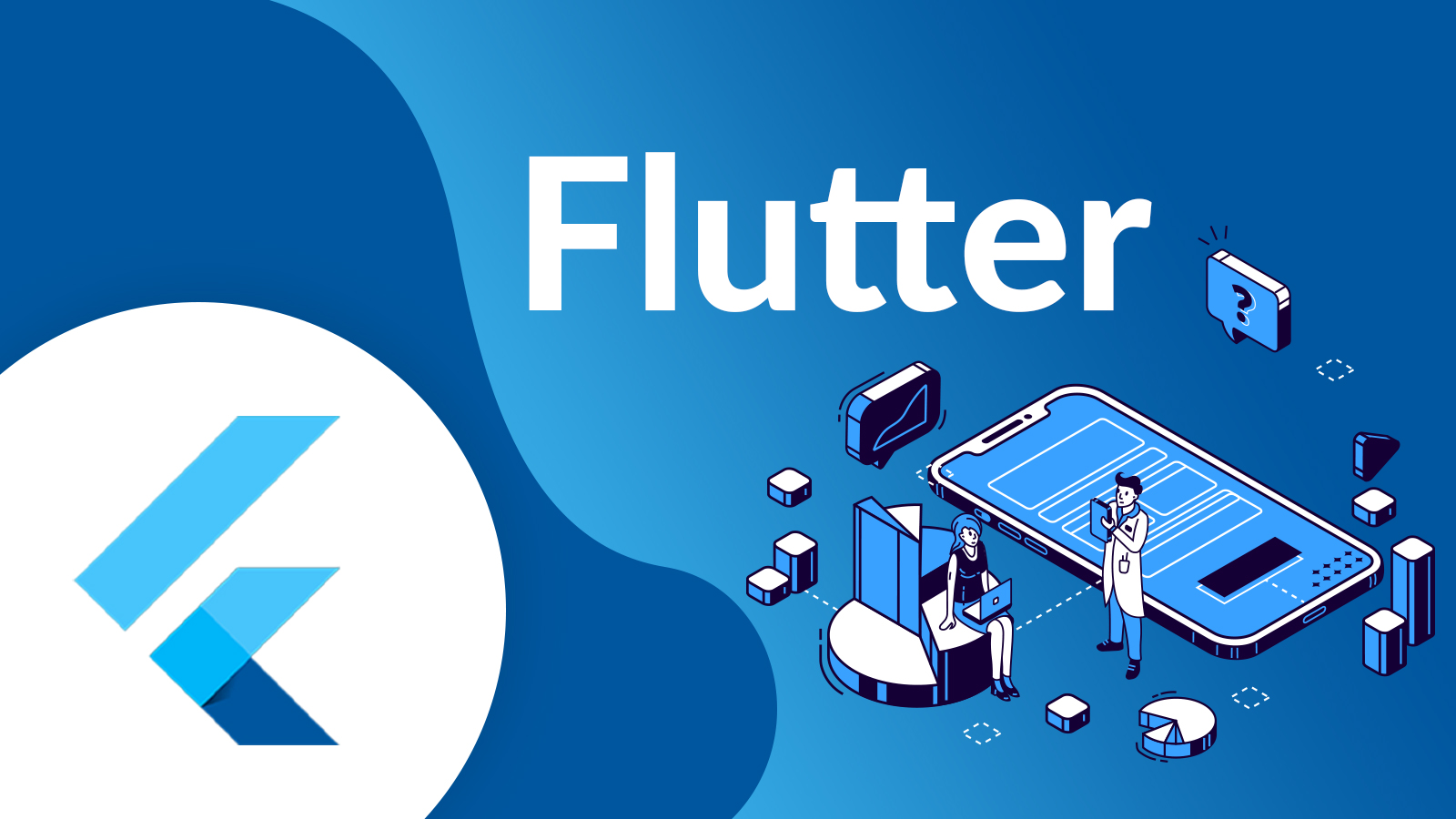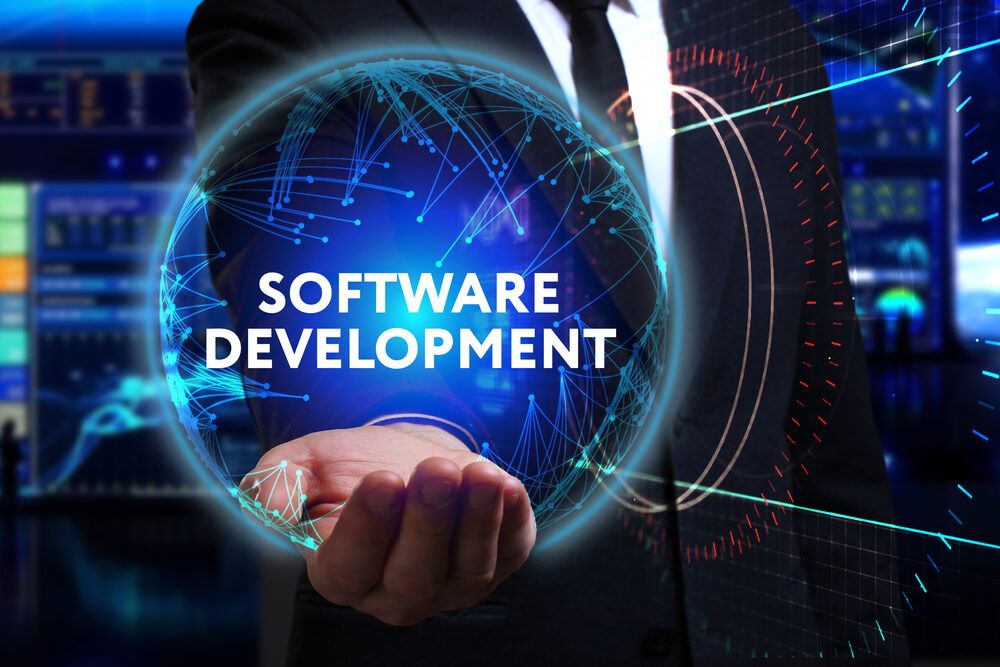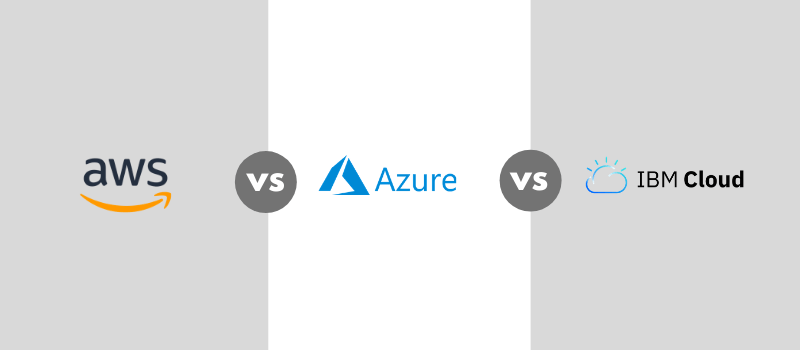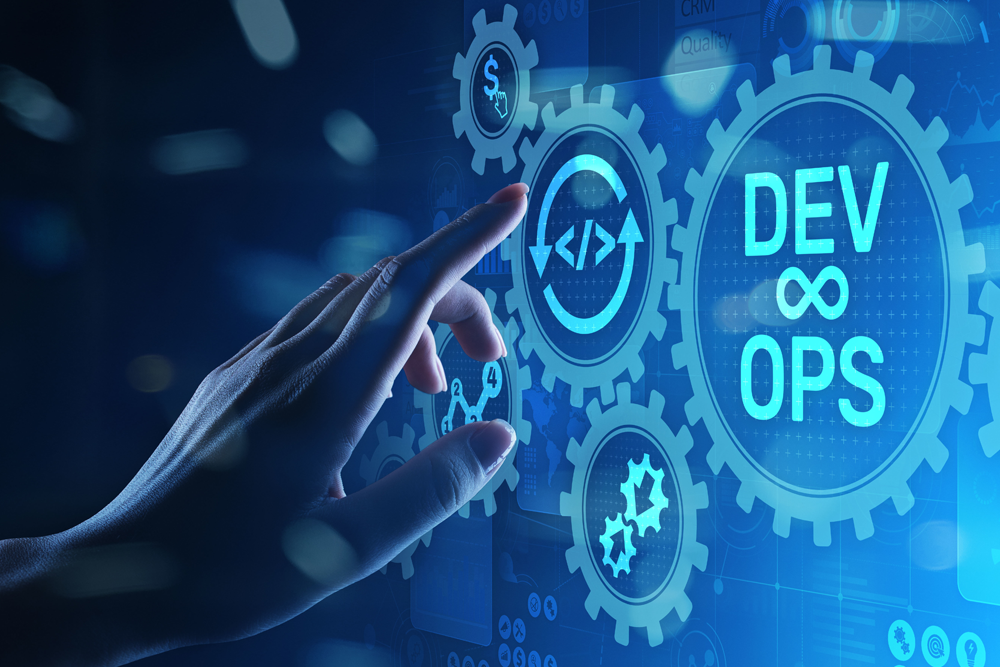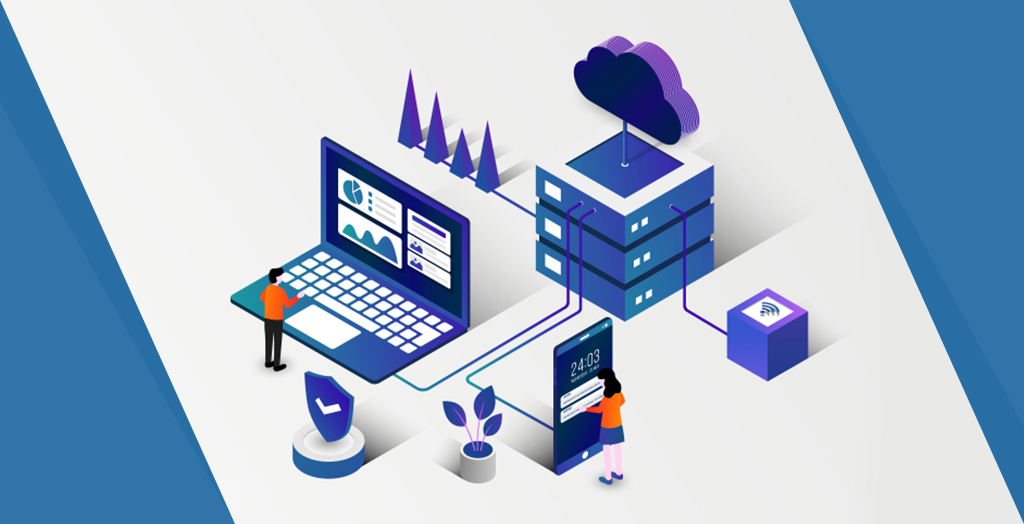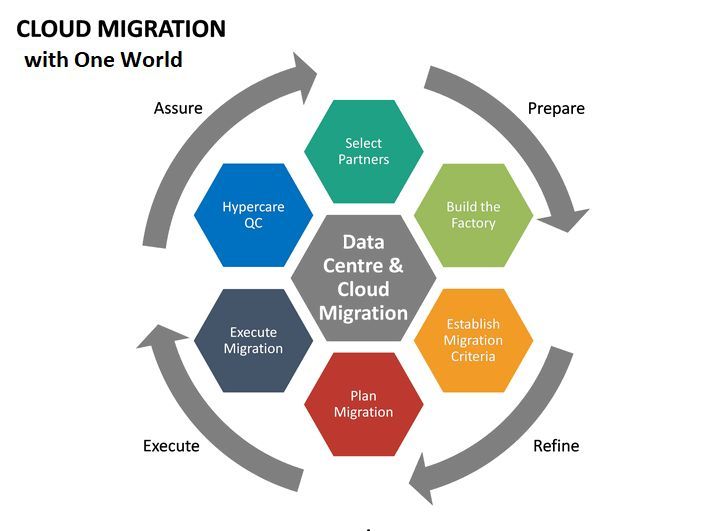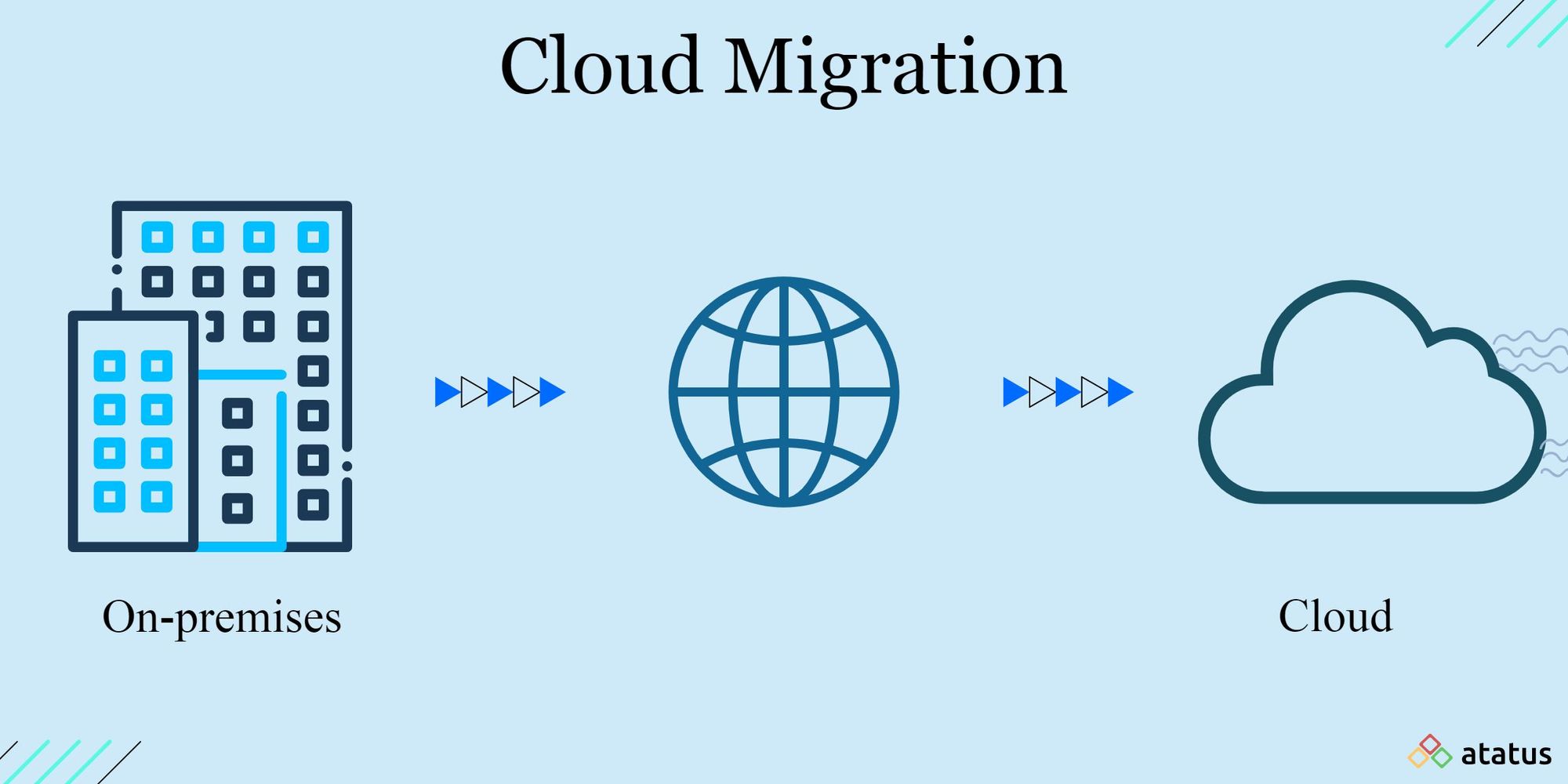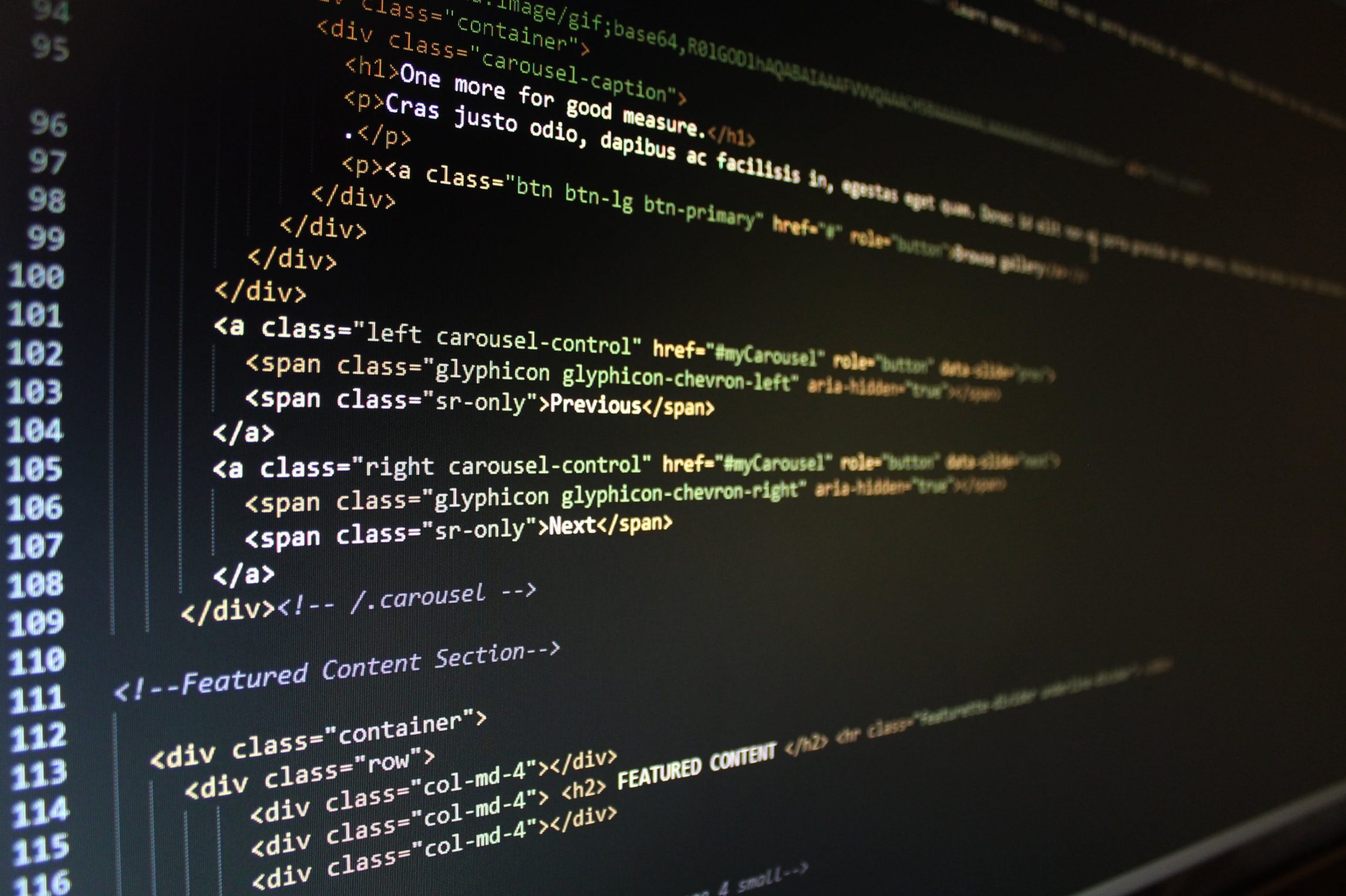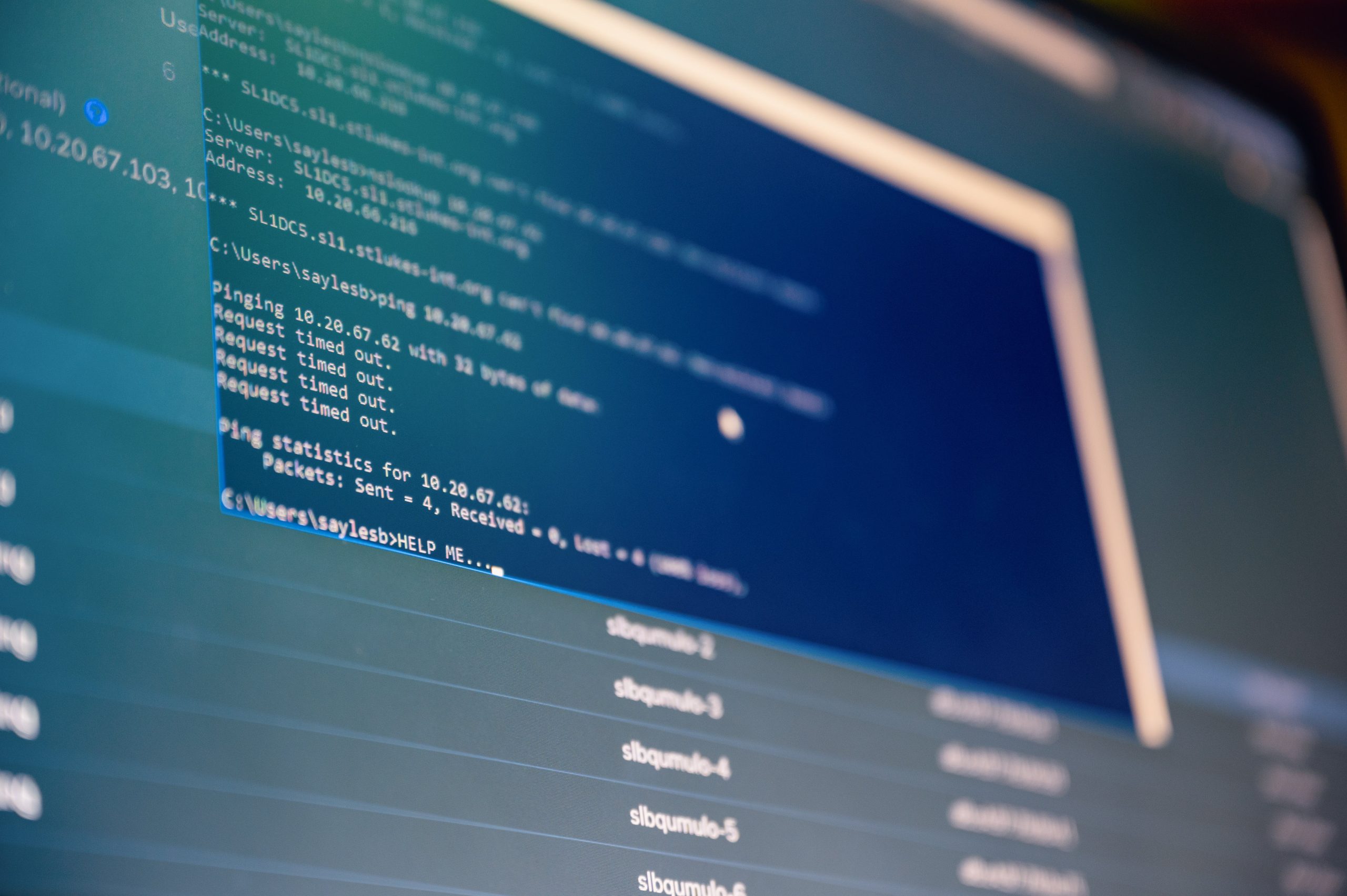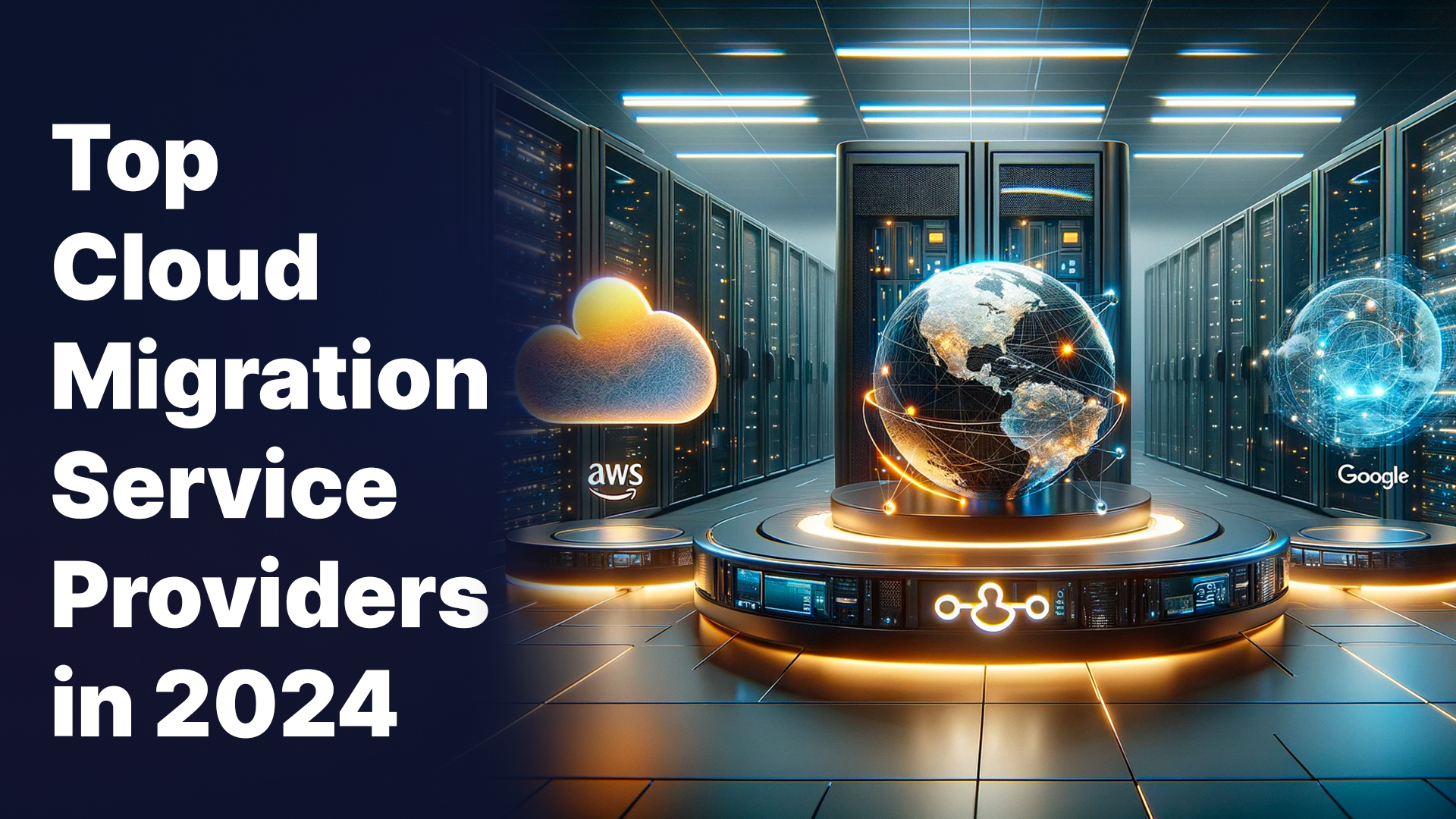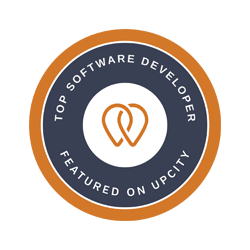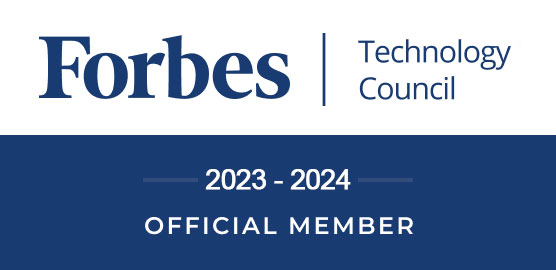Artificial Intelligence and its Impact on Software Development
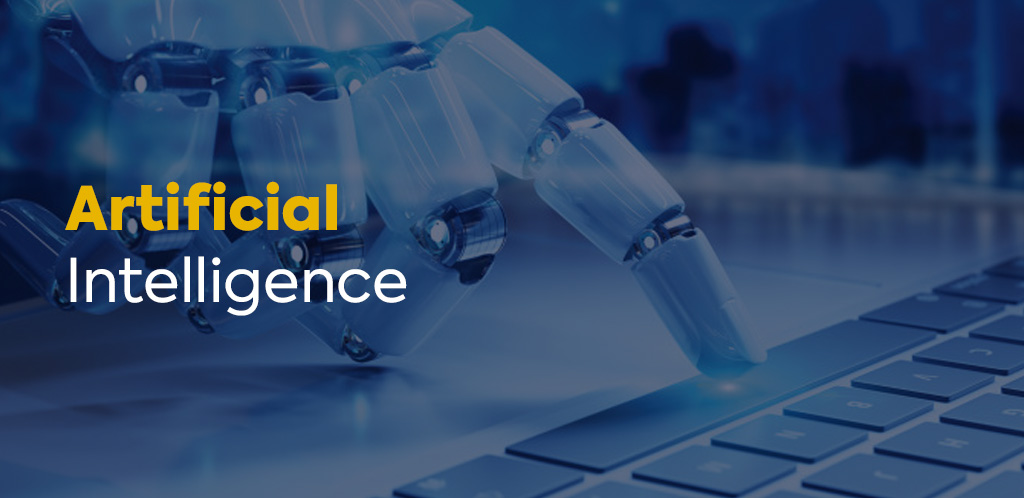
Software Development has undergone a transformative change after the advent of AI, and especially after the recent advancements that it has undergone. Application construction, testing and deployment have all been revolutionized due to this, and these changes are only accelerating rapidly, leading to dramatic improvements in development lifecycle, code quality and applications. Here are some of the most important advancements Artificial Intelligence has brought to software development.
- Automated Code Generation: Advancements in AI algorithms have now allowed it to generate snippets of code, automate daily tasks, and even construct whole classes or functions. The development progress has been significantly hastened because of this, and developers now have greater time to focus their competencies on the more complex and human-centric elements of a project.
- Natural Language Processing (NLP): When it comes to empowering the documentation process, the communication systems between development teams as well as creating descriptions for functions or modules, Natural Language Processing (NLP) tools are a game changer. They improve code readability and execution, easing teamwork and collaboration.
- Predictive Analytics for Bug Detection: Artificial Intelligence can locate vulnerable cracks and weak points in the code by analyzing patterns of historical data. This proactive stance towards data optimization helps developers to identify errors early-on in the development process, so that they don’t cause greater issues in the future.
- Automated Testing and Quality Assurance: AI algorithms can create customized test-cases to assess the performance of code, and then further adapt the tests based on edits made to the code, to further boost the testing process’s rigor.
- Continuous Integration and Deployment (CI/CD) Optimization: AI curates the CI/CD pipeline by predicting the outcome of code deployment and integration. Based on these predictions, it can suggest optimal deployment times based on usage patterns, ensuring a frictionless user-experience during updates.
- Enhanced User Experience with Personalization: AI can run analysis on user behaviors to tailor the application experience according to the audience. From predicting user actions to suggesting personalized features, AI creates highly user-friendly interfaces that lead to boosted engagement and positive feedback.
- AI-Enabled Chatbots and Virtual Assistants: AI–powered chat bots and virtual assistants are great tools that add a substantial degree of humanity into business interfaces and facilitate productive customer interactions. These tools can respond to common user-inquiries in a manner that appears effortlessly human-like.
Robotic Process Automation (RPA): AI–powered RPA automates repetitive, rule-based operations within the software development lifecycle, including but not limited to form filling, data extraction and report generation. Manual effort is minimized due to this, and this boosts accuracy and redirects human focus on more value-driven tasks.
